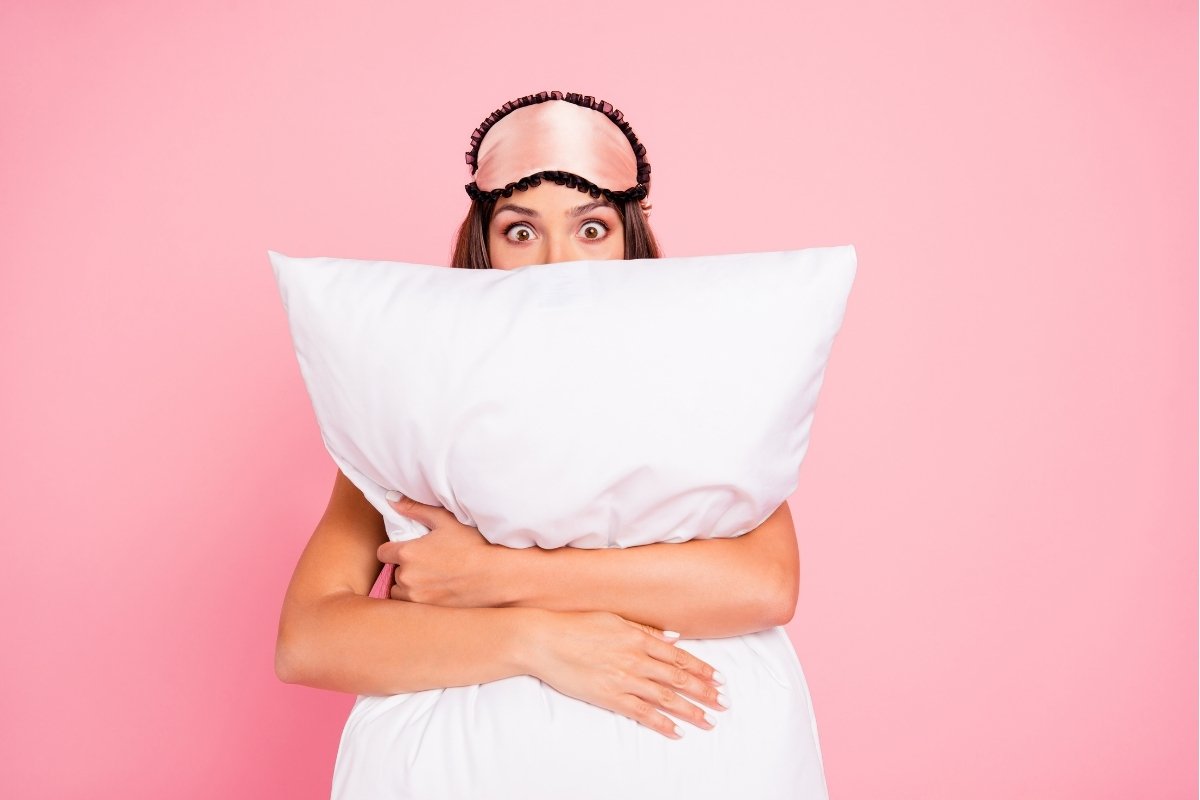Are you one of the approximately 10 million Americans with jaw problems? Does your jaw make noises or hurt with talking, yawning, or chewing? If so, you may have a temporal mandibular joint disorder (TMD), also called TMJ. The jaw connects to the skull via the TMJ. Functional problems and pain in this joint can greatly impact daily life. Don’t continue to suffer, get TMJ treatment in Little Rock now.
Keep reading to learn more about TMD/TMJ and the treatments available.
Symptoms That Accompany TMD
One of the most common complaints is waking up with your jaw hurting. You may not open your mouth to its normal height. Many people hear a clicking or popping in their jaw when they open and close it.
Dentists often find signs of jaw clenching when they see a flattening of your tooth surfaces. In more severe cases, the teeth may even crack due to intense grinding. This can lead to tooth pain and hot/cold sensitivity, in addition to jaw discomfort.
Get TMJ treatment Little Rock!
Things That Make TMJ Worse
For some people, the cause of their TMJ issues isn’t found. Yet, for many, the common factor is stress and strain on the joint. This may result from bruxism or grinding of the teeth during sleep or when awake.
Emotional stress, lack of sleep, poor posture, and misaligned teeth can lead to TMJ. Likewise, arthritis, joint dislocation, fractures, and birth defects may also be key causes.
The National Institute of Dental and Craniofacial Research summarized issues that increase TMD. Genetic, clinical, sensory, psychological, and nervous system factors can contribute to chronic TMD.
Did you know that scientists have found a link between TMJ and caffeine consumption? Caffeine enhances muscle contractions and strength. Consequently, you may have jaw muscle spasms at night and wake up in pain.
Also, drinking more caffeine increases jaw muscle clenching. This can lead to temporal headaches and TMJ pain. Consequently, the masseter muscles in the jaw become tired and sore. Also, alcohol consumption may also have the same negative impact on your TMJ.
Get TMJ treatment Little Rock!
How to Stop TMJ
So, what can you do on your own to try and alleviate this pain? The following describes several approaches for reducing TMJ problems.
Limit Masseter Muscle Strain
When chewing, yelling, singing, or yawning, don’t open your mouth as wide. Generally, this helps relieve muscle strain. Also, avoid chewing gum, taking huge bites, eating hard foods, or food that needs a lot of chewing.
Focus on Your Posture
Likewise, focus on maintaining correct posture. Avoid prolonged sitting and holding your head in a bent position. This places strain on the masseter muscles. Take breaks and sit tall and roll your shoulders and head. Take deep breaths and relax the head, face, neck, and shoulder muscles. Use pillows to support your neck.
Focus on Beneficial Sleeping Positions
Promote relaxed jaw muscles during sleep by not lying on your stomach. It’s best to sleep on your back with a pillow that provides good neck support. When side sleeping, don’t put your hand under your jaw, since this pushes it sideways.
Find Ways to Reduce Stress
Practice relaxation techniques to lower your physical and emotional stress. Focus on when you’re clenching your teeth, and then consciously relax the jaw muscles.
Methods to Relieve Acute Pain
Ice packs decrease pain and swelling. Hot compresses promote blood flow to the muscles, which helps them relax.
Use hot or cold packs on your jaw for 15 to 10 minutes. Make sure you put a cloth between the compress and your skin to prevent burns.
Over-the-counter pain medication can also help relieve pain. Discuss this option with your doctor to ensure it doesn't interfere with other meds.
If these methods do not address the pain, contact your dentist to get TMJ treatment in Little Rock.
Stop TMD-Promoting Bad Habits
Many individuals have habits that cause tension and stress to the TMJ. Review this list and see if you often do these things.
- Biting nails
- Chewing on lips or cheeks
- Clenching or grinding your teeth
- Pushing your tongue against your teeth
- Resting your chin on your hand
Did you find that you’re guilty of any of the activities listed? Awareness is the first step in changing behavior. You might want to make a list and share it with the dentist when discussing TMJ issues. Get TMJ treatment Little Rock!

Types Of Orthodontic Devices Used to Manage TMJ
If your teeth or bite are out of alignment, this places excess strain on the TMJ. Getting orthodontic treatment may fix this problem and relieve the TMD simultaneously.
The orthodontist often recommends using over-the-counter pain medications to reduce pain. Good oral hygiene and dental treatments for damaged teeth are also part of the care plan. You may wear traditional braces or clear aligners to correct a malocclusion.
Another device prescribed by dentists is an occlusal guard or bite splints to treat TMD. You can get this TMJ treatment device in Little Rock that’s custom-fit for your mouth. It's molded out of clear acrylic and fits over your teeth.
Patients wear this night mouth guard to prevent clenching and grinding while they sleep. This reduces the strain on the jaw and the masseter muscles. Thus, you’ll achieve healthier, relaxed sleep and not wake with jaw pain.
Are You Looking for TMJ Treatment in Little Rock?
If you’re having the symptoms described in this article, a nightguard protects your teeth. It also reduces TMD symptoms and prevents further damage. The dentists at Arkansas Family Dental create customized TMJ treatment in Little Rock.
We offer general dentistry for the whole family, including routine cleanings and checkups. Fluoride treatments and dental sealants are applied as needed to reduce cavity risks.
Our dentists also offer Botox for TMJ treatment and cosmetic benefits. Other services include snoring devices, orthodontics, and restorative dentistry. Download your free dental health information today.


Leave a Reply